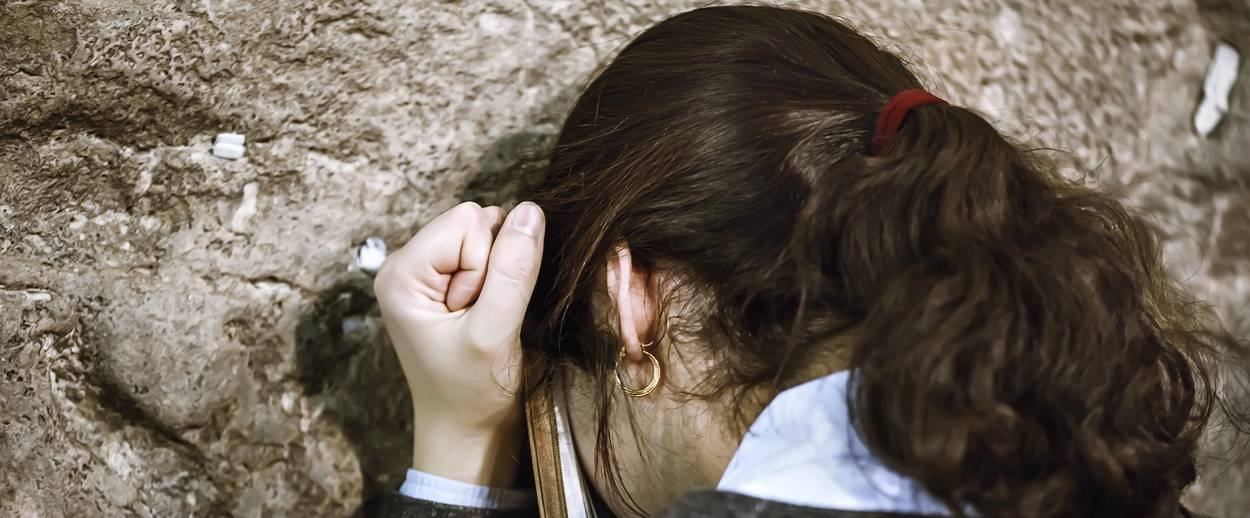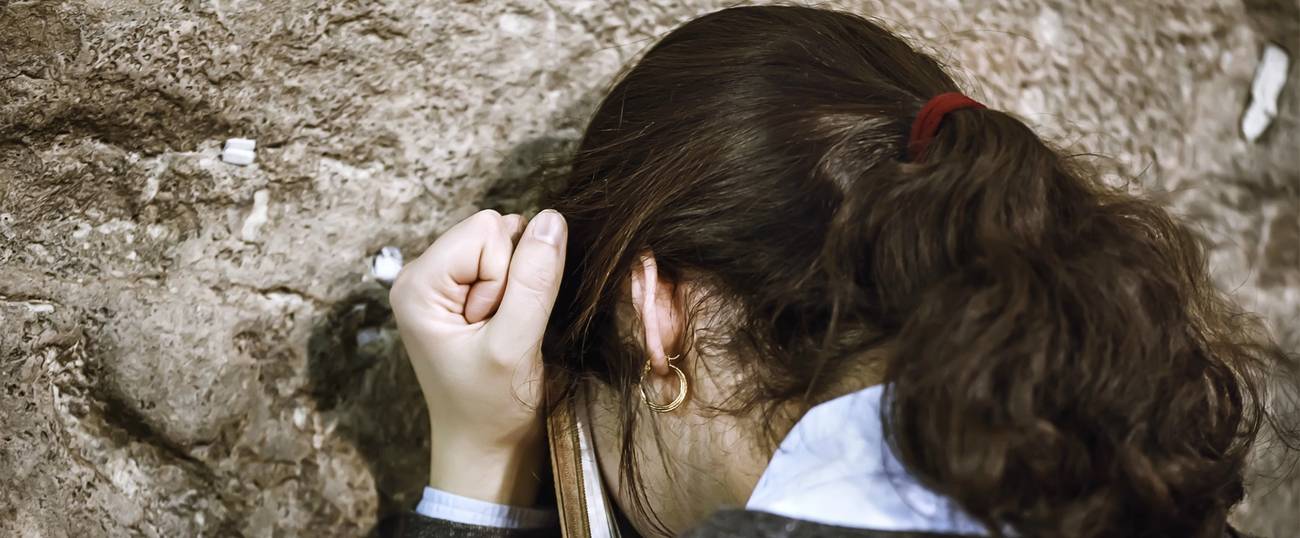My Conversion Conundrum
When a friend questioned my journey, I started thinking about just what the process of becoming Jewish means




In a recent conversation on the F train, a Jewish friend matter of factly informed me about all that I would never have if I converted.
The conversation started like this: “So, you’re converting?”
I nodded and shrugged non-committedly. “Probably,” I said. “There’s a lot to consider.”
My friend wasn’t one for subtlety: No matter how much I read or studied or became part of a community, she informed me, I wouldn’t be able to make up for my non-denominational upbringing. I would never have full access to a Jewish childhood and therefore, really, to Jewish culture. Furthermore, I didn’t seem “Jewish” to her because, she said, I was not sufficiently neurotic.
It was a puzzling conversation that felt more like an attack than a dialogue. Despite my Jewish heritage, last name, and commitment to learn more, I was being told I would never fully fit in. I had a feeling it might not be the last conversation of its kind.
But the talk got me thinking about the term “conversion,” and about how it, in of itself, feels clinical to me for a process so personal. Building a relationship with God shouldn’t be something one has to “transfigure” or “metamorphosize” into, should it? Shouldn’t the process of conversion be led exclusively by one’s heart? While I fully acknowledge I’m unqualified to argue the finer points of Halachic law, I do believe I’m capable of determining what feels right for me.
A series of difficult life events has led me to pursue religion at the advanced age of 29, starting most profoundly with the loss of my father to ALS a year ago. Since taking an Introduction to Judaism course, starting a job teaching at a Yeshiva, and tentatively attending services in a shul, I’ve found an inner peace and moments of calm in Judaism that I don’t experience anywhere else in my life. On Saturday mornings I can sit quietly and cry for my father during Kaddish. I can work on incorporating modeh ani into my mornings. I can listen to Hebrew podcasts and say the words out loud. I can plan a trip to Israel and visit Judaica stores and learn to make challah that rises just right.
In talking with my rabbi, I broached the subject of conversion and “passing.” At what point, if I decided to convert, would I be able to pass? Could I assume the synagogue I was part of in my future would know that I wasn’t Jewish born, that I had chosen this religion as my own?
Her answer was reassuring: Conversion is private. The hope is that my community would love and accept me and see me as an equal, but I’m fully aware that many, including Israel’s chief rabbinate, will never see me as fully Jewish.
Ultimately, however, my choice to pursue conversion is between myself and God. The rightness I felt when lighting a Yahrzeit candle this year on my father’s anniversary came from somewhere far away, somewhere ancient and good and true. And it made me work out my own definition for conversion: To me, it is, to quote a phrase I was happy to adopt, “an experience associated with the definite and decisive adoption of a religion.” I prefer this definition because of the words “definite” and “decisive.” If I find myself facing the beit din I’ll be ready. I’ll answer their questions with certainty. I’ll dunk in the mikvah knowing all I stand to gain when I rise from the water, nothing in my ears but the sound of water, the sound of the future.
Kelsey Liebenson-Morse is a writer and teacher living in New York.